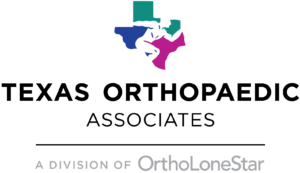The Anterior Cruciate Ligament (ACL) is one of the main ligaments connecting the femur to the tibia. It runs diagonal to the center of the knee, and its main function is to keep the tibia from sliding in front of the femur. It also serves to provide stability to the knee. ACL Injuries, including tears, often occur when playing sports such as soccer, football, tennis, etc. The frequent and sudden stopping involved in such sports can strain the ligament and cause it to tear.
ACL TEAR SURGERY Q&A
What Are The Symptoms?
Symptoms of a torn ACL include:
- A popping sound or sensation in the knee
- Hyperextension of the knee (the knee is able to bend backward)
- Severe Pain
- Swelling
- Instability of the knee (the knee feels like it “shifts” or is loose)
If you experience any of these symptoms, please visit a doctor right away. Your doctor can diagnose a torn ACL through the use of x-rays, physical examination, and MRI.
Your Options for ACL Surgery in Dallas & Surrounding Areas
A torn ACL reconstruction is typically performed as an outpatient surgery. A tendon from around the patient’s knee or a donor tendon is used to reconstruct/make a new ACL to replace the torn ligament. This is the most common treatment for tears to the ACL. The most common ACL surgery risks are similar to those of most outpatient surgeries and typically include infection, stiffness, and pain.
Physically therapy will be required to help the patient regain movement, strength, and balance. The skilled team at Texas Orthopaedic Associates specializes in torn ACL surgery as well as ACL physical therapy. Please call us today to speak with us about surgery and recovery options.


